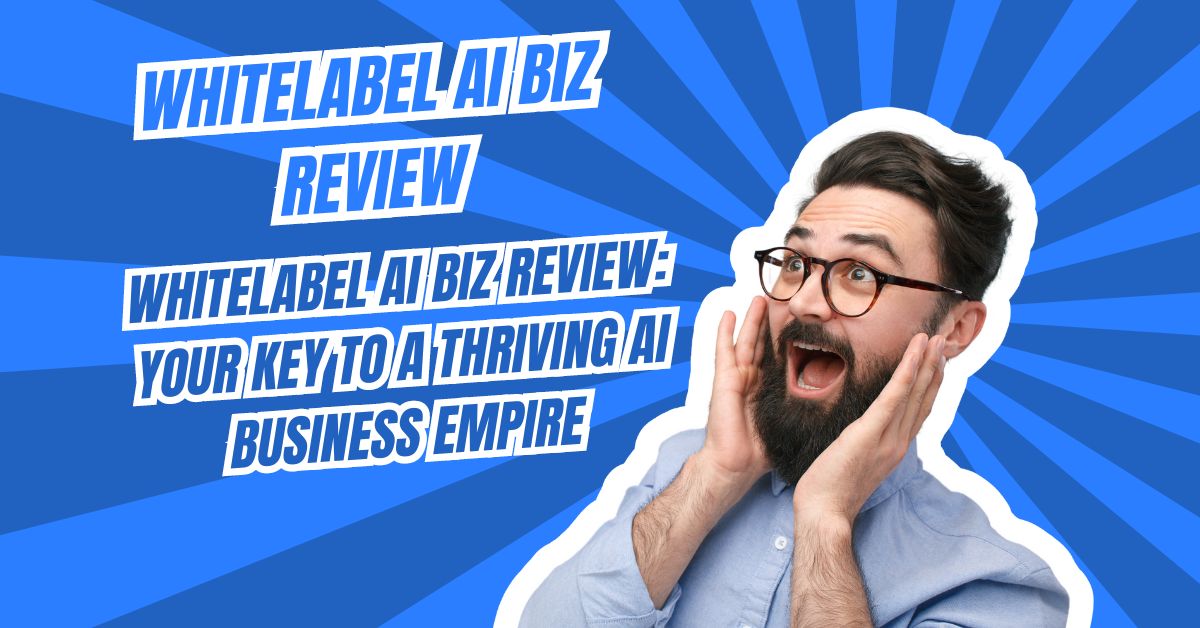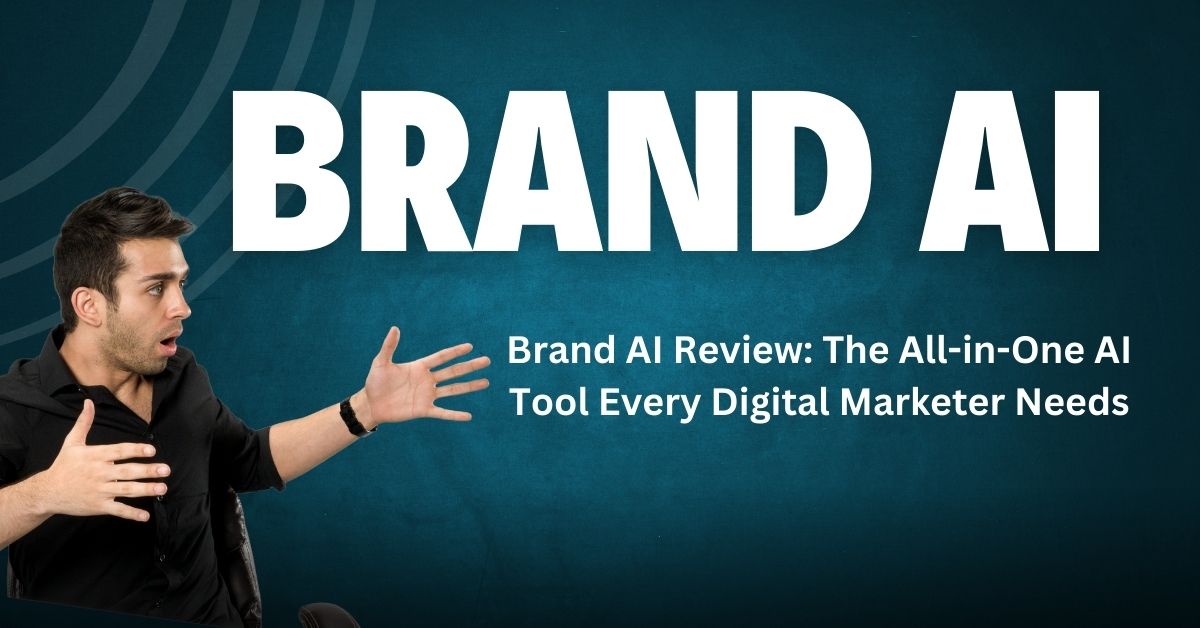Understanding the ethical implications of Insurance Artificial Intelligence
Insurance Artificial Intelligence has revolutionized the insurance industry by streamlining processes, improving efficiency, and enhancing customer experience. However, with this technological advancement comes ethical implications that must be carefully considered. One major concern is the potential for bias in the algorithms used by IAI systems. If these algorithms are not properly monitored and regulated, they could result in discrimination against certain groups of individuals, leading to unfair treatment in insurance decisions.
Another ethical issue to consider is the privacy and security of customer data. As systems collect and analyze vast amounts of personal information, there is a risk of data breaches or misuse, which could have serious consequences for individuals. Furthermore, there is the question of transparency in how Insurance Artificial Intelligence systems make decisions. Customers have the right to know how their insurance premiums are calculated and what factors are taken into account by these systems. In conclusion, insurance companies must understand and address the ethical implications of using Artificial Intelligence in their operations to ensure fair and responsible practices.
Balancing efficiency and privacy concerns in AI-driven insurance models
In the realm of AI-driven insurance models, a delicate balance must be struck between efficiency and privacy concerns. The integration of Artificial Intelligence (AI) technologies has undoubtedly enhanced the operational efficiency of insurance companies, enabling quicker processing of claims, more accurate risk assessments, and personalized customer experiences.
However, as these systems rely on vast amounts of data, there arises a pressing need to address privacy concerns. One significant challenge is ensuring that Insurance Artificial Intelligence algorithms do not compromise the privacy of individuals by mishandling or misusing their sensitive information. Striking a balance between leveraging data for efficient decision-making and safeguarding customer privacy is paramount. Insurance companies must implement robust data protection measures, adhere to strict regulatory guidelines, and maintain transparency regarding data usage to mitigate privacy risks.
By prioritizing the ethical use of AI in insurance practices, companies can uphold customer trust and confidence. Embracing a privacy-first approach while harnessing the efficiency of AI-driven models will not only drive business growth but also foster a culture of responsible data management within the insurance industry. Achieving this equilibrium is essential for sustainable innovation and long-term success in the evolving landscape of Artificial Intelligence.

Exploring the role of consent in insurance AI data usage
In the realm of Insurance Artificial Intelligence, the role of consent in data usage is a pivotal aspect that demands exploration. As AI technologies continue to shape the insurance landscape, the collection and analysis of vast amounts of data have become integral to enhancing operational efficiency and customer experiences.
However, the ethical implications surrounding data usage, particularly in terms of obtaining informed consent from individuals, cannot be overlooked. Ensuring that customers provide explicit consent for the use of their data in AI-driven insurance models is essential for upholding privacy rights and fostering trust. Transparency regarding how data is collected, processed, and utilized by IAI systems is crucial in empowering individuals to make informed decisions about sharing their personal information.
By prioritizing consent as a fundamental principle in data usage, insurance companies can demonstrate a commitment to ethical practices and respect for customer privacy. Ultimately, the exploration of consent in the context of Insurance Artificial Intelligence data usage underscores the importance of aligning technological advancements with ethical considerations to build a sustainable and trustworthy insurance ecosystem.
The future of human employment in the AI-enhanced insurance industry
The integration of Insurance Artificial Intelligence in the insurance industry raises questions about the future of human employment in this evolving landscape. As Insurance Artificial Intelligence systems become more sophisticated, there is a growing concern about the impact on traditional job roles within insurance companies. While AI technologies have the potential to streamline processes, improve accuracy, and enhance customer interactions, they also can automate tasks that were previously performed by humans. The future of human employment in the AI-enhanced insurance industry hinges on the ability of organizations to adapt and upskill their workforce to complement AI technologies.
Rather than displacing human workers, AI can serve as a tool to augment their capabilities and enable them to focus on higher-value tasks that require human judgment and creativity. By fostering a culture of continuous learning and development, insurance companies can position their employees to thrive in a digitally driven environment. In this context, the future of human employment in the AI-enhanced insurance industry is not about replacement but about redefinition and collaboration between humans and machines to achieve optimal efficiency and innovation. Embracing this symbiotic relationship can lead to a workforce that is better equipped to navigate the complexities of the digital age while delivering enhanced value to customers.
Regulatory challenges for Insurance Artificial Intelligence adoption
The adoption of Artificial Intelligence in the insurance sector presents a myriad of regulatory challenges that must be navigated to ensure responsible and compliant use of technology. Insurance Artificial Intelligence systems have the potential to revolutionize the industry by enhancing efficiency, accuracy, and customer experiences. However, regulatory bodies face the task of establishing frameworks that govern the ethical and legal implications of AI adoption in insurance. One primary challenge is the need to develop regulations that address the transparency and accountability of AI algorithms used in decision-making processes. Ensuring that these algorithms are fair, unbiased, and comply with existing data protection laws is crucial to safeguarding consumer rights and preventing discriminatory practices.
Additionally, regulatory bodies must grapple with issues related to data privacy, security, and the potential for algorithmic bias in AI-driven insurance models. By proactively addressing these regulatory challenges, policymakers can foster an environment that promotes innovation while upholding ethical standards and protecting consumer interests. Collaborative efforts between industry stakeholders, regulators, and policymakers are essential to establish a robust regulatory framework that supports the responsible adoption of Insurance artificial intelligence in the evolving landscape of the insurance industry.





5 Comments
Reviewlean’s AI health insurance is a breath of fresh air. It flagged potential health risks based on my habits, allowing me to take preventive steps. Not only am I feeling better, but the early detection saved me money in the long run. Plus, the claims process was a breeze thanks to their AI-powered automation. Reviewlean is a win-win
Reviewlean’s AI-powered health insurance was a game-changer! It analyzed my health data to recommend a plan perfectly suited to my needs. No more sifting through endless options. Plus, the virtual assistant helped me understand coverage details in plain English. Feels great to have such a smart and helpful tool on my side!
Forget travel anxiety! Reviewlean’s AI-powered travel insurance is a game-changer. It scanned my trip details and offered a custom plan in minutes, all for a surprisingly good price. No more travel brochure overload, just peace of mind with a tap. [Reviewlean] is my new travel must-have!
Planning a trip is exciting, but worrying about insurance isn’t. Reviewlean’s AI took the guesswork out of it. It analyzed my itinerary and potential risks, suggesting the perfect coverage. Now I can explore worry-free, knowing I’m backed by smart tech! Thanks,
Gone are the days of wading through complex insurance policies! Reviewlean’s AI-powered platform uses artificial intelligence to simplify the insurance selection process. It analyzes my needs and recommends the best insurance plans, saving me tons of time and hassle. Plus, the whole process is transparent and easy to understand. Highly recommend Reviewlean for anyone looking for a smarter way to get insured!